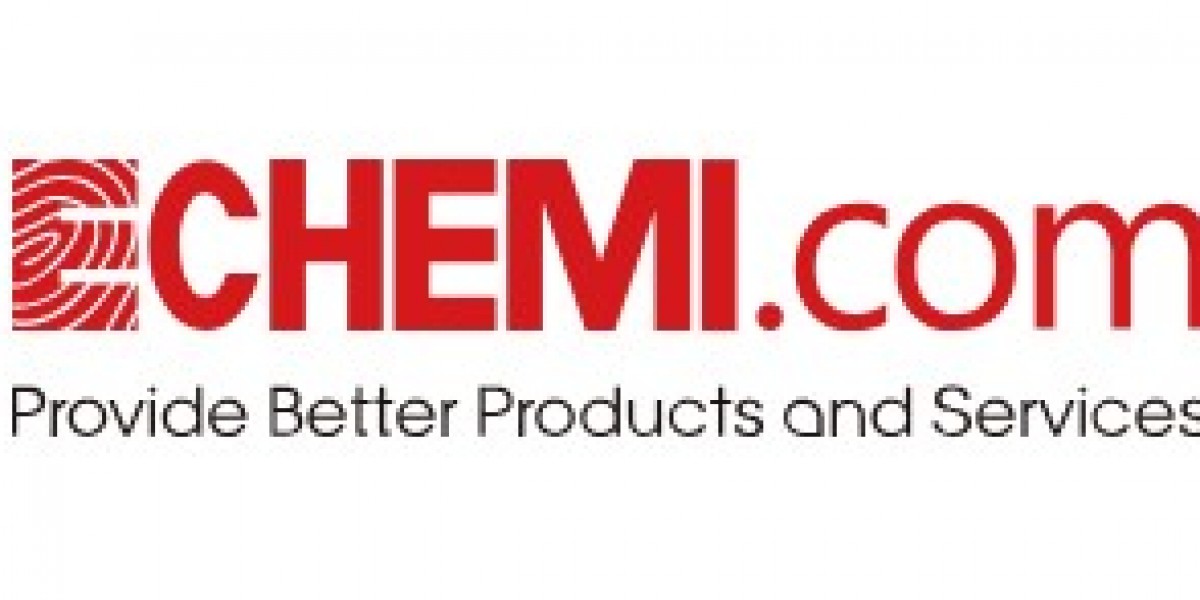Maintaining optimal health and hygiene standards in chemical factories is paramount to safeguarding the well-being of workers, preventing occupational hazards, and ensuring a safe working environment. Chemical manufacturing facilities must adhere to strict protocols and practices to minimize health risks, promote hygiene, and protect the health of employees.
Personal Protective Equipment (PPE): Workers in chemical factories are provided with appropriate personal protective equipment such as gloves, goggles, masks, and protective clothing to shield them from exposure to hazardous chemicals. Proper training on the correct usage and maintenance of PPE is essential to ensure its effectiveness in preventing accidents and minimizing health risks.
Ventilation Systems: Adequate ventilation systems are installed in chemical factories to control air quality, remove fumes, and mitigate the buildup of harmful gases. Proper ventilation helps maintain a safe and healthy working environment by reducing exposure to airborne contaminants and ensuring optimal indoor air quality for workers.
Chemical Storage and Handling: Safe storage and handling practices are crucial in chemical factories to prevent spills, leaks, and accidents that could compromise the health and safety of workers. Chemicals are stored in designated areas following strict guidelines, and employees are trained in proper handling procedures to minimize risks of exposure or contamination.
Hygiene Facilities: Chemical factories provide hygiene facilities such as wash stations, showers, and changing rooms to enable workers to maintain cleanliness and hygiene standards. Regular handwashing, proper sanitation practices, and access to clean water are essential to prevent the spread of contaminants and ensure a hygienic workplace environment.
Health Monitoring: Regular health monitoring programs are implemented in chemical factories to assess and monitor the health status of employees exposed to hazardous chemicals. Medical examinations, health screenings, and exposure assessments help identify potential health risks early, allowing for timely intervention and preventive measures to protect workers' health.
Emergency Response Plans: Effective emergency response plans are established in chemical factories to address accidents, spills, and other hazardous situations promptly and efficiently. Regular drills, training sessions, and communication protocols ensure that employees are prepared to respond to emergencies effectively and mitigate risks to health and safety.
Regulatory Compliance: Chemical factories comply with stringent health and safety regulations set by regulatory authorities to uphold standards for worker protection and environmental safety. Regular audits, inspections, and adherence to industry standards ensure that health and hygiene practices in the factory meet legal requirements and best practices.
In conclusion, prioritizing health and hygiene in chemical factories is essential to create a safe, secure, and healthy work environment for employees. By implementing rigorous safety measures, providing adequate training, and fostering a culture of health and hygiene awareness, chemical factories can protect the well-being of their workforce and uphold standards of occupational health and safety in the industry.



